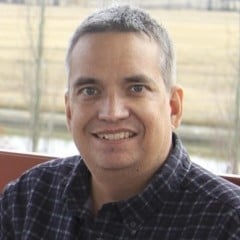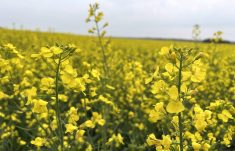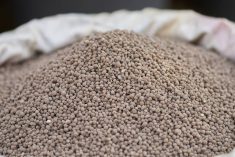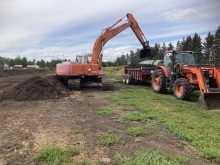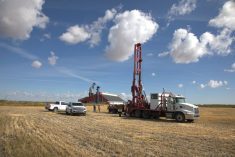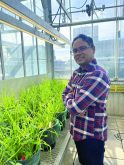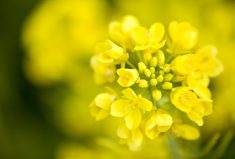Those hoping to apply for a popular cost-share program in 2023 must play a waiting game.
Results Driven Agriculture Research, one of three Alberta administrators of the On-Farm Climate Action Fund (OFCAF), put new applications on hold May 10. An early news release pegged Aug. 15 as a possible reopening date. A newer guess suggests early September for a restart.
Fiona Briody says RDAR staff are up to their eyeballs in applications made before May 10.
Read Also
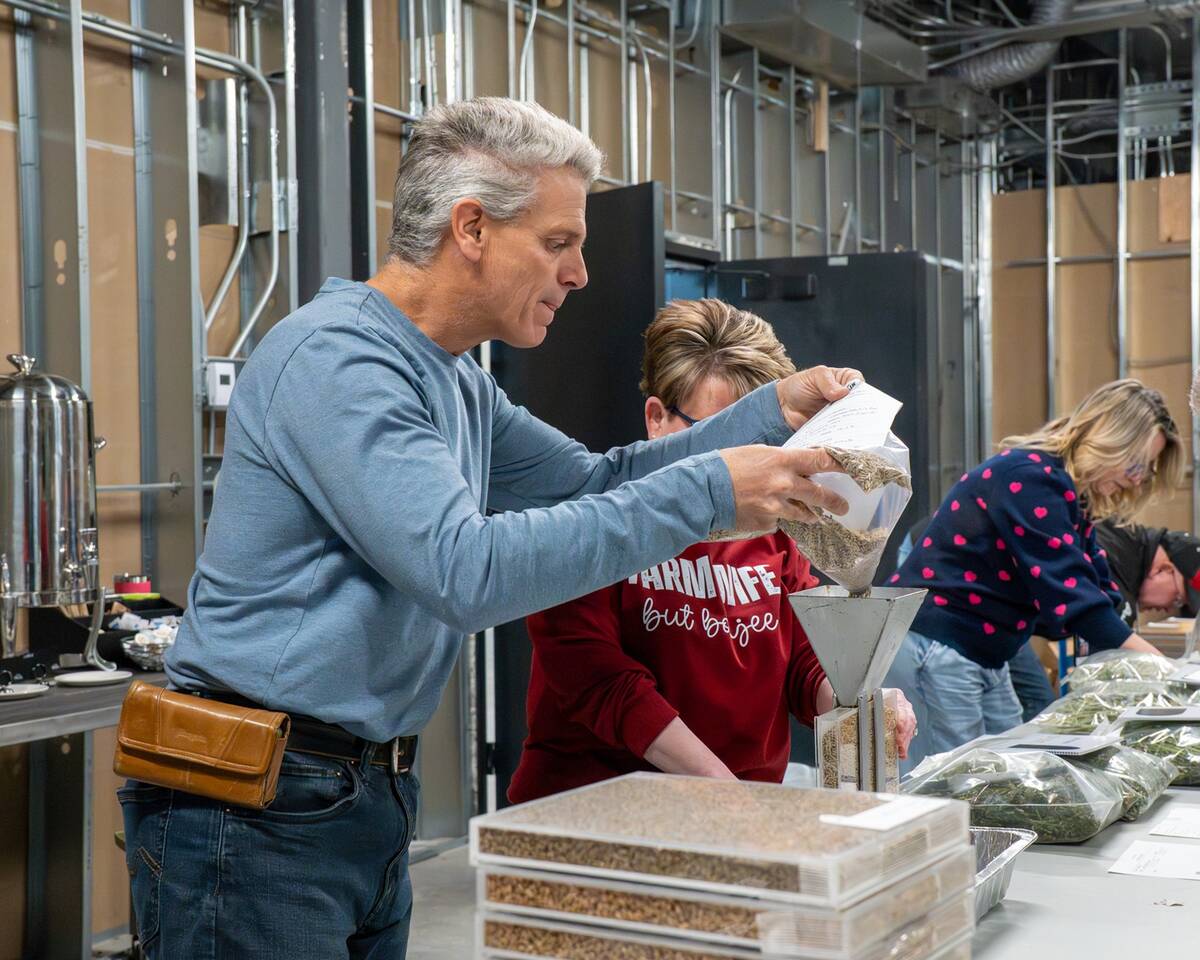
North American Seed Fair continuing a proud 129-year-old agricultural tradition
One of North America’s longest continually lasting seed fairs makes its 129th appearance in southern Alberta.
“I probably need another week or 10 days to answer that more clearly in terms of how many we got through and the status of where we’re at, because we’re still trying to get through the bulk of those applications,” said Briody, OFCAF program manager for RDAR, in an interview Aug. 23.
RDAR CEO Mark Redmond said the 2023 applications are testing the boundaries of the ag researchers’ $18 million budget.
“We are close to being fully subscribed with the current approvals that we have,” he said. “At this time, it would be difficult for me to anticipate reopening the 2023 program. We’re all waiting to see what 2024 will bring.”
RDAR is one of three Alberta organizations that deliver the fund on behalf of the federal government. However, it’s the only one funding all three Alberta OFCAF streams: cover cropping, nitrogen management and rotational grazing.
The Canola Council of Canada administers projects related to nitrogen management, particularly OFCAF-funded incentives to help growers initiate or advance 4R nutrient stewardship practices.
Applications for year two of Canola 4R Advantage are currently open, said Curtis Rempel, vice-president of crop production and innovation with the council.
“Year two applications are for expenses incurred and paid by growers from April 1, 2023 to March 31, 2024,” said Rempel. “Growers can apply using a new digital portal available on our website.” (canolacouncil.org/4r-advantage)
The Canadian Grasslands Association supports the program for farmers who implement rotational grazing practices in Alberta, B.C., Saskatchewan and Quebec. According to the association’s website, the OFCAF program for rotational grazing is now fully subscribed for the 2023 growing season.
“We are waiting to hear about additional funding, but we will NOT be reviewing or approving any additional rotational grazing implementation projects until we have more funds to allocate,” reads the website.
RDAR says it has supported 1,280 projects on over one million acres of farm and ranch land since OFCAF’s August 2022 launch. Those projects included big money: $10 million in 2022 and around $18 million committed in 2023.
OFCAF is budgeted to run until 2028, but that doesn’t necessarily mean the same organizations will deliver the funds. RDAR has been confirmed as a distributor in 2024, but beyond that is anyone’s guess, said Redmond.
“We’re expecting some further information in September if we will extend to 2025, but that’s not a definite decision for RDAR at this time,” he said.
In the meantime, RDAR, AAFC and other players are looking at ways to make the program more farmer-friendly. One way is to take applications earlier, a process that started this year on Feb. 13.
“We may look at opening earlier to allow people to do some earlier planning,” said Redmond.
Livestock farmer-friendly
Briody thinks OFCAF has been a particular boon to Alberta’s livestock industry this year.
“I think the timing is really good in terms of where we’re at with the industry and certainly the livestock industry, which has had a few tough years in terms of feed costs and things like that,” she said.
“I think this influx of cash can really make changes to (producers’) infrastructure for the long term because the things we’re funding on the livestock side, like Razer Grazers and remote watering systems, have long-term impacts. That stuff will stay for the next 20 years.”
(A Razer Grazer is part of a lineup from Alberta-based Range Ward that specializes in remote solar-powered fencing products that do not require a nearby power source.)
“For the livestock industry, the feedback I’ve heard is just that the cash flow has been tight so they weren’t able to do this without this program,” Briody said, adding that the cropping sector has also benefited.
“I think it’s good for everybody. They’re doing stuff they haven’t tried before. It takes the risks out of trying new things because we’re at an 85 per cent cost-share. They’re doing some foundational pieces like soil mapping and soil testing that really set them up for the future.”
That’s the point of OFCAF, said Redmond.
“The intent was to lower those adoption barriers and it’s doing its job. It’s good news.”
He hopes those who have used OFCAF and found it a positive experience will say so.
“We hope that they are able to spread the news to their neighbours who can then take some benefit from the programs going forward.”

